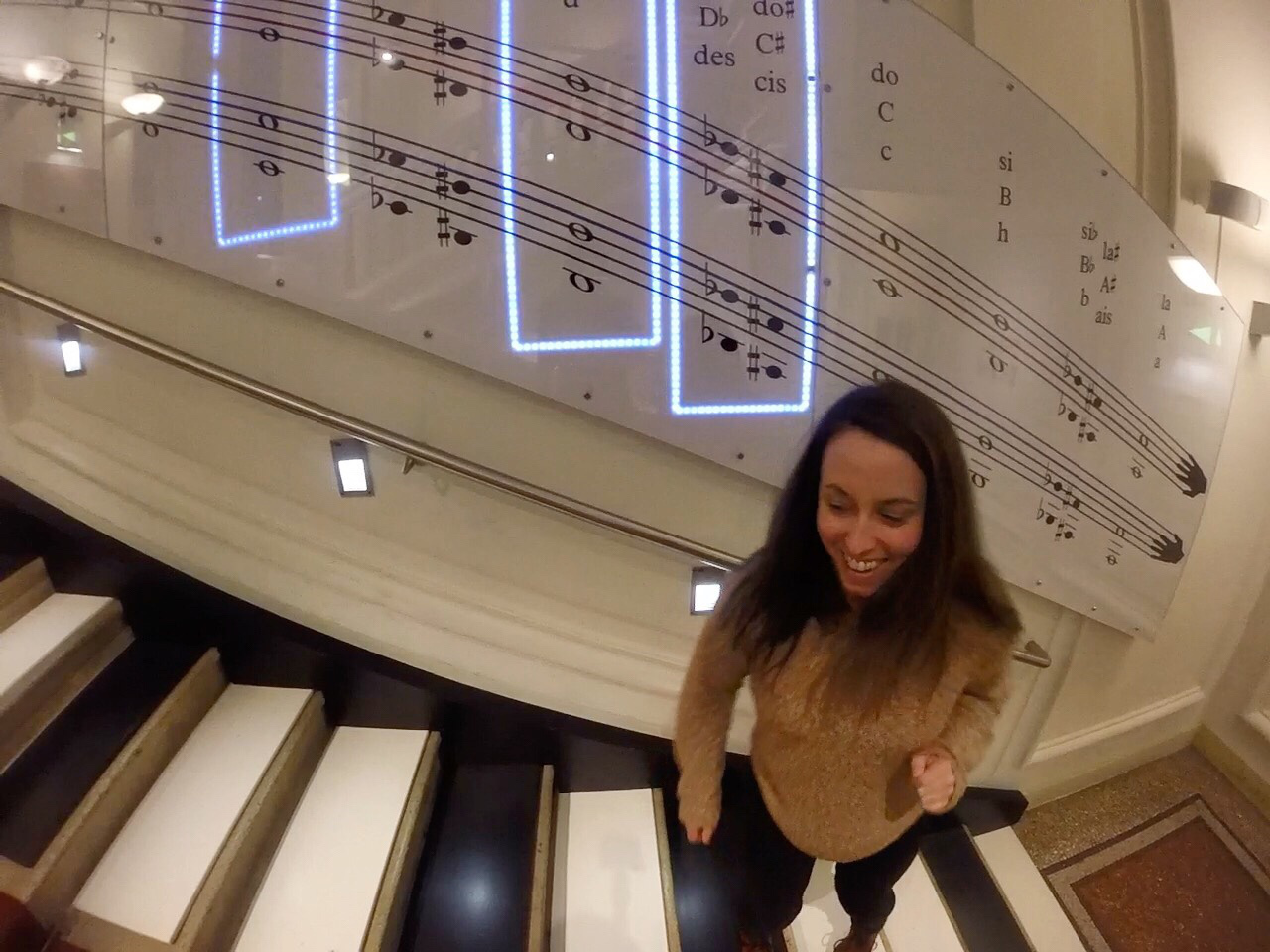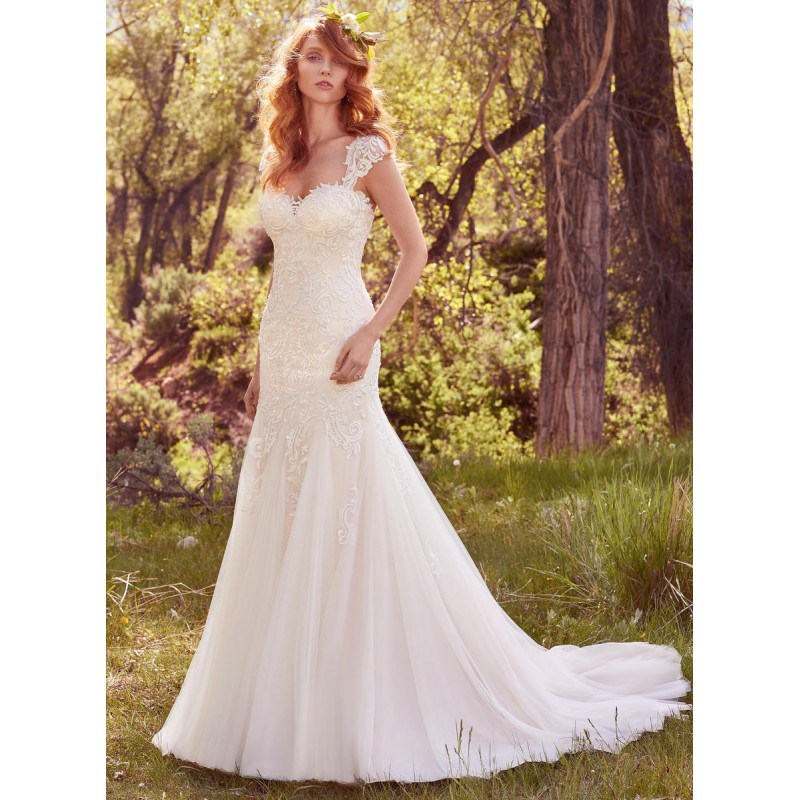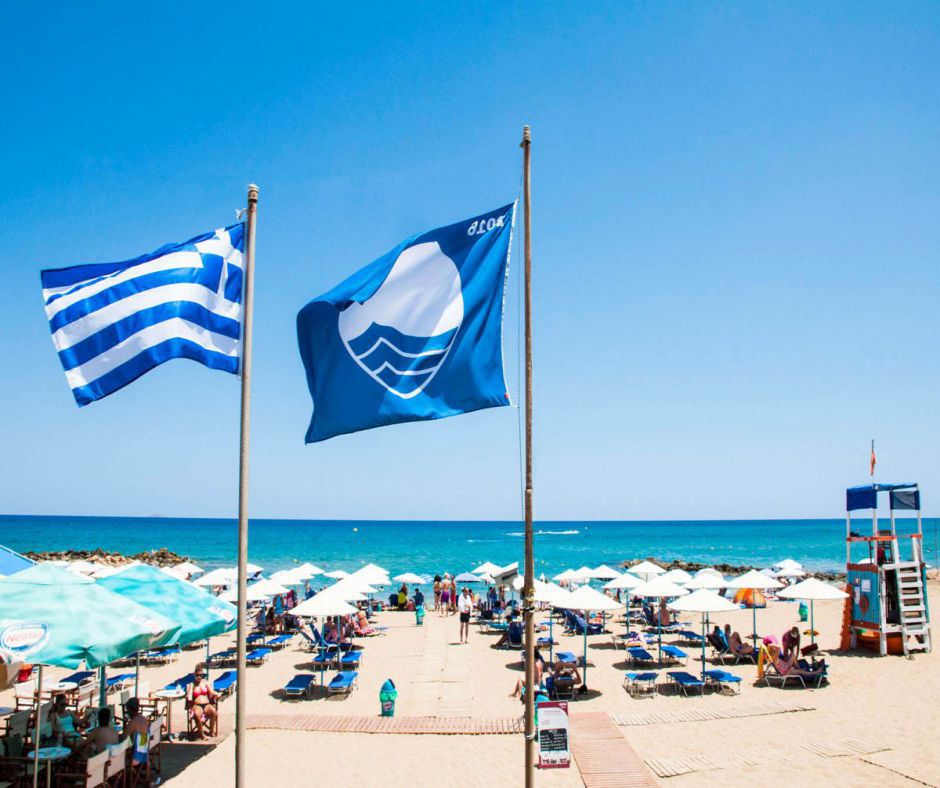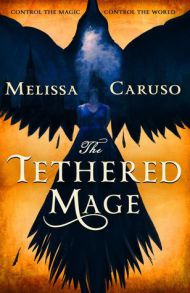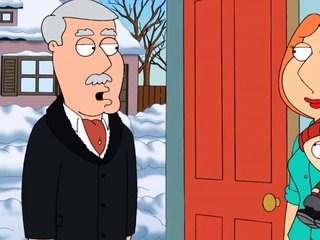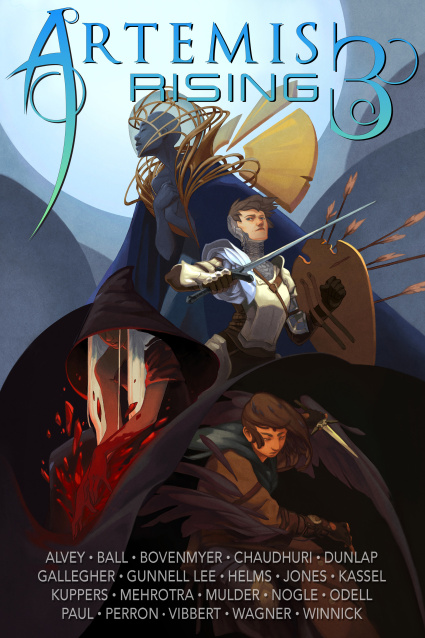I’m VERY pleased to be joined today by a really fantastic writer, Ian Graham. I reviewed one of his two new books a couple of days ago HERE, and now I get to ask him some questions about his work. Read on and enjoy!

Hi Ian, thanks for joining me for this short interview today. I’ve been a fan of yours for years now so it’s been a joy to finally get hold of your second book. Going back to that first book, though, why did you decide to write about an anti-hero in Monument?
Hi Steven. Oddly enough, I didn’t consciously decide to write about an anti-hero. During the writing of Monument, Ballas didn’t strike me as exceptionally unpleasant at all; I suppose that I was considering more his virtues – determination, resilience, physical competence – than his vices. Of course, I wasn’t quite so oblivious as to fail to recognise that he was fairly unwholesome in many respects, but I was generally preoccupied with his admirable qualities; also, knowing that his childhood had been harrowing, I was inclined to regard him with a certain degree of sympathy.
Only when the book was released, and reviews started to appear, did I realise that Ballas appeared a much darker character to readers than he did to me, which was a great – and gratifying – surprise.
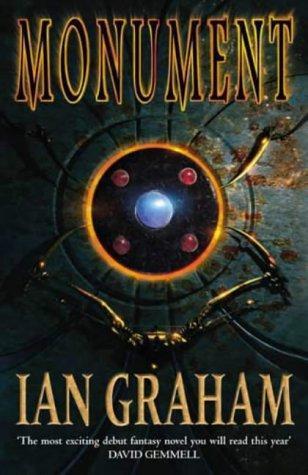 Original cover art for Monument
Original cover art for Monument
How did you plan it out before you started writing? I mean, Ballas is such a bastard yet, somehow, you managed to make readers empathise enough with him that they were rooting for him and reading right until the end of the book to see what happened. It must have been incredibly difficult to strike that balance so people didn’t just throw down the book in disgust at his behaviour.
Monument is the only book I more or less improvised from start to finish. I began with a handful of loose ideas: the Penance Oak, the character of Ballas, and a (very) vague notion of an artefact called the Monument (I didn’t know what its function was, only that it was a device of great importance). Each day, I’d write a scene, or part of a scene, then spend time working out what I would write the following day. Nowadays, its seems an appallingly reckless way to work, but back then it felt completely natural. As I didn’t think of Ballas as being conspicuously unpleasant, I did not foresee any real problems regarding the readers’ empathy – beyond the usual ones, at least; if I had, Ballas might’ve turned out a softer – and less interesting – character. Sometimes, perhaps, it helps to be stupidly unaware of important things!
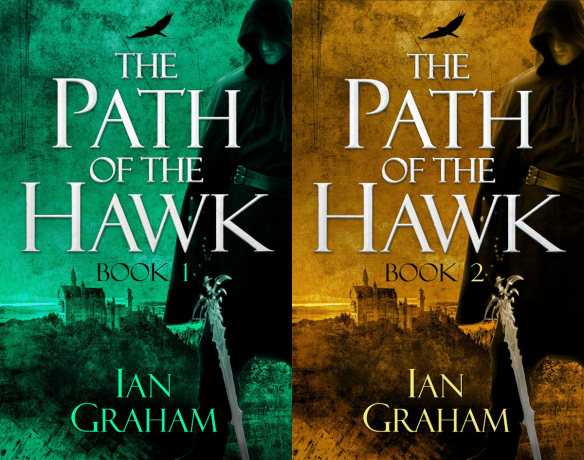
Now, I should say, I read Monument years ago but I’ve been waiting eagerly for the next book from you. Finally, I found it (and another one!) just a couple of months ago. You had a gap of years between your first and second books – why?
After Monument, I became paralyzingly self-conscious when I sat down to write – and self-consciousness obliterates the vital naturalness of the creative process. This led to a catastrophic drop in confidence, and a hideous loss of perspective. I became hypercritical, and everything I wrote didn’t seem up to scratch. I’d show work to friends and other writers, but when I received positive feedback, I’d assume it arose from politeness or a desire to be encouraging. It was a long, grim period; I was writing every day, but getting nowhere. Of course, I still have a self-critical streak – most writers do, I think – but it’s largely under control, thank goodness.
Let’s just make things clear for people – Monument was your debut novel, but your two recent books Path of the Hawk (Books 1 and 2) are actually prequels to Monument. What made you go down that route and are you glad you did it like that?
The publishers asked if I’d consider writing a prequel – it was that simple – and I was more than enthusiastic about the idea. I’d often wondered what Ballas was like in the period between childhood and embittered middle age. I knew, roughly, how he had spent the time – that he’d been a soldier, then a member of the Hawks, Druine’s elite regiment. But how had his personality developed? What was he like before he sank into alcoholic hopelessness? Fortunately, when I started writing Path, I found that I had an instinctive feel for the younger Ballas, and didn’t have to go through a tricky process of “reverse engineering” the character back to his former self.
What would be your suggested reading order for the series?
As Monument and The Path of the Hawk can be read as standalone pieces, there is no necessity to read one before tackling the other. If someone starts with Monument, they’ll be catching Ballas at his lowest ebb; if they then move onto the prequel, they’ll get a good – and hopefully interesting – sense of what he once was, and exactly how far he had fallen by the time Monument takes place; within Path, there are hints of the unhappy direction his life will eventually take . . . Alternatively, if Path is read first, the reader may enjoy the shock of coming abruptly face-to-face with the reprobate version of Ballas.
I haven’t read Path of the Hawk Book 2 yet, so is that the end of the Ballas series, or will there be more from him? And will there be another long gap before you publish something new again? I hope not! What are you working on now, if anything?
I’d be delighted to write another Ballas book, but at present I’m working on a story set in a different world with a different cast of characters. With any luck, the new one should be finished before too long. I won’t say anymore about it; I’m one of those writers who feels that discussing a work-in-progress, no matter how vaguely, completely kills the desire to write it. Unusually for me, though, I plotted out the entire story before starting to put down the words; hopefully, this will prevent me from crashing into dead-ends or getting lost amongst plot-tangles . . .
What about your own reading tastes – who are your favourite authors? Monument was, of course, graced with a cover endorsement by the much-missed David Gemmell, were you a fan of his?
I’m fairly magpie-like in my reading tastes. When I’m working on a book, I avoid fiction as I find myself involuntarily adopting the stylistic traits of whoever I’m reading at the time; during such periods, I’ll read a lot of philosophy, psychology and occasional gobbets of history. Novelwise, though, there are so many writers I admire. My academic background is in the Romantic poets – Keats, Byron , Wordsworth et al; they made an enormous impact on me. But so did many other writers: Graham Greene, Dostoevsky, Dickens, Goethe, Borges, Gogol, Bulgakov . . . The list rolls on, endlessly. Within the genre, though, it was David Gemmell who had by far the largest impact on me. I think there are primarily two ways in which a writer can influence an aspirant: he can either make them realise which kind of fiction they want to write or, if they already know, they can show them how to go about it. With Gemmell, it was the latter: I already had an inkling of the type of fantasy I was keen on writing – in particular with regard to the realism of the characters – and when I read my first Gemmell novel – Morningstar – I thought, Ah, this is how it’s done! It was quite a revelation.
I was incredibly fortunate to know Dave in person. In the winter of 1992, I attended a five-day residential writing workshop at which Dave was the writer-in-residence. Afterwards, we stayed in touch, and I’d occasionally go to visit. He was a fountainhead of good advice and encouragement and, of course, is greatly missed.
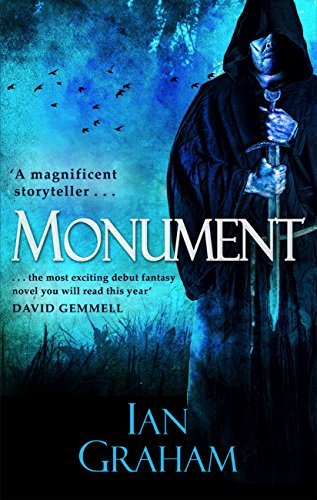 Monument Kindle cover
Monument Kindle coverIs there anything else you’d like to say to readers, old and new?
To the old readers, I’d say, Thanks for your patience! And to the new ones, I hope you enjoy the books – and try not to pick up any of Ballas’s bad habits . . .
Thanks for doing this Ian, I really appreciate it. It was a great pleasure to finally read more of Ballas, a character who truly stuck in my brain. You created a real classic in my opinion!
Bio: Ian Graham is a writer living in the north of England. The Path of the Hawk is a prequel to his first novel, Monument.
Website: iansgraham.net
One final note – a few people asked me (Steven) where to get Ian’s books in the USA as apparently they’re not available there. I’d suggest American readers track down the paperback versions from the Book Depository or Amazon UK as they are really worth reading!
Share this: